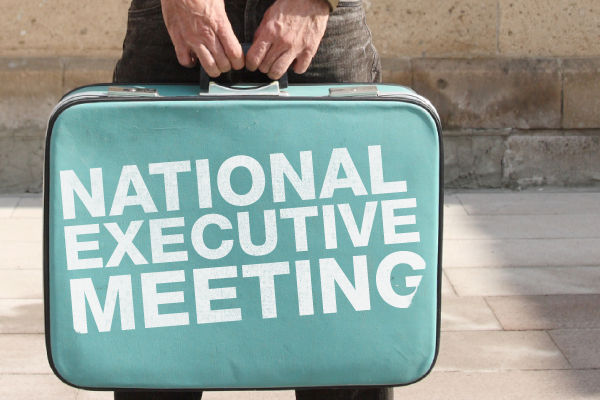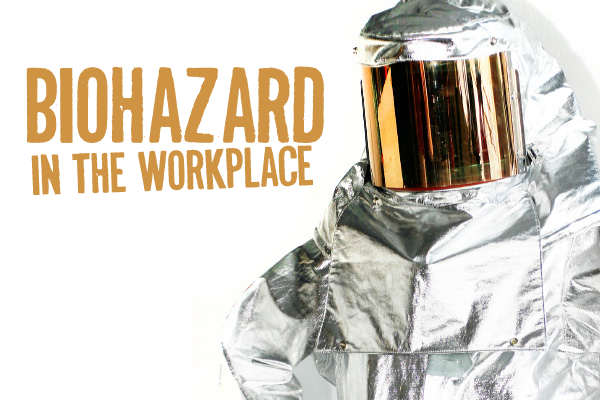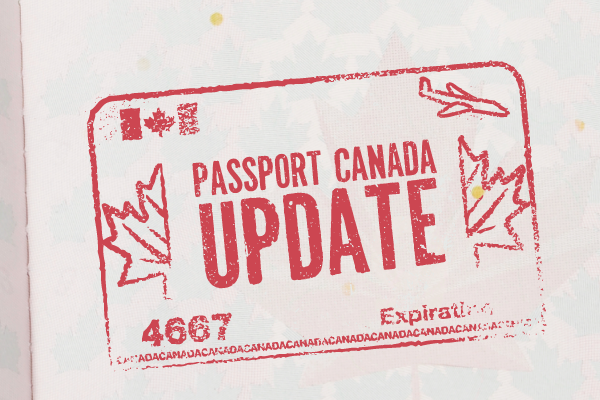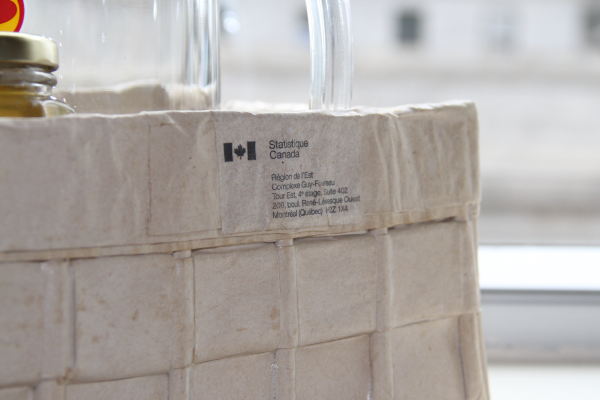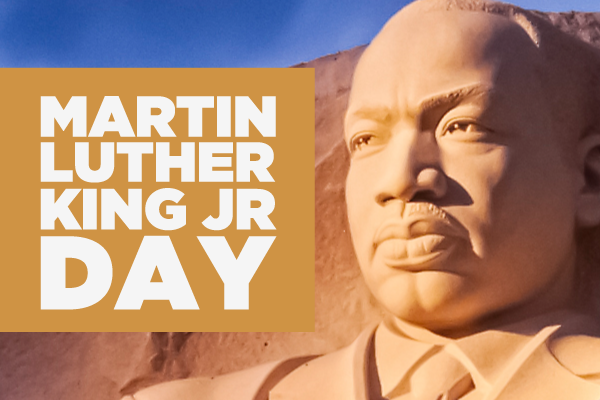
Although it’s primarily an American holiday, Martin Luther King, Jr. Day gives us an opportunity to honour one of the most important voices of the 20th century and a true friend to the labour movement.
As labour activists, you might be surprised to find out how passionate Dr. King was about labour unions. In fact, Dr. King strongly believed that the civil rights movement could help the labour movement – and vice-versa.
Dr. King contended that the forces opposed to organized labour were the same forces that opposed any semblance of equality for African Americans.
“The duality of interests of labour and Negroes makes any crisis which lacerates you, a crisis from which we bleed,” said Dr. King in his 1961 address to the American Federation of Labour and Congress of Industrial Organizations.
“Negroes in the United States read the history of labour and find it mirrors their own experience. We are confronted by powerful forces telling us to rely on the goodwill and understanding of those who profit by exploiting us. They deplore our discontent, they resent our will to organize, so that we may guarantee that humanity will prevail and equality will be exacted”
Dr. King didn’t mince words. Labour and the equity-seeking African American community shared a common threat: the ultra-right wing. According to him, they threatened everything that was decent and fair about American life.
And among these right-wing threats, of course, was right-to-work legislation (yea, it’s been around that long!).
“We must guard against being fooled by false slogans, such as ‘right to work’. It is a law to rob us of our civil rights and job rights,” said Dr. King. “Its purpose is to destroy labour unions and the freedom of collective bargaining by which unions have improved wages and working conditions of everyone.”
But while union were trying hard to eliminate discrimination, they didn’t all have their hands clean. Certain unions were quite simply denying membership to African Americans; other black union members were denied opportunities for training and education.
“Labour, which made impatience for long-delayed justice for itself a vital motive force, cannot lack understanding of the Negro’s impatience,” implored Dr. King. “There is a maxim in the law – justice too long delayed is justice denied.”
King believed that the labour movement occupied a special position with respect to the civil rights movement – and that was all the more reason to eliminate discrimination within its membership.
“Although organized labour has taken actions to eliminate discrimination within its ranks, the standard expected of you is higher than the standard in the general community.”
“Your conduct should and can set an example for others, as you have done in other crusades for social justice.”



